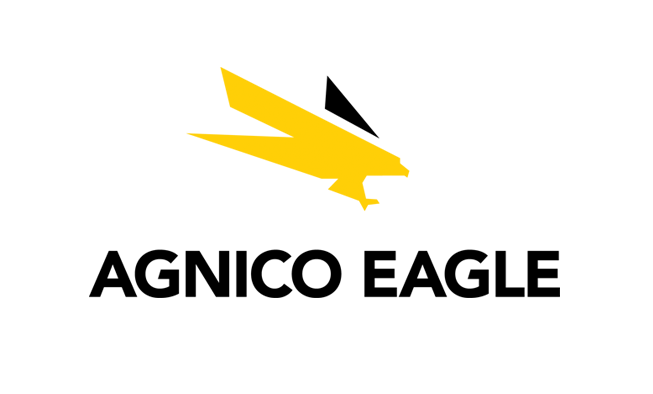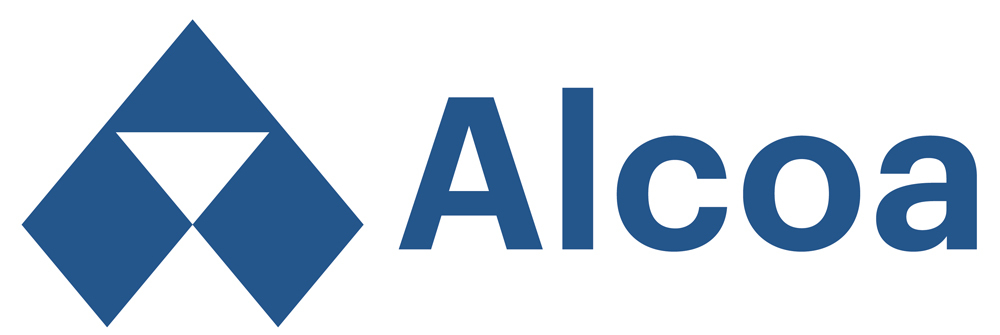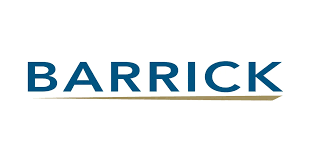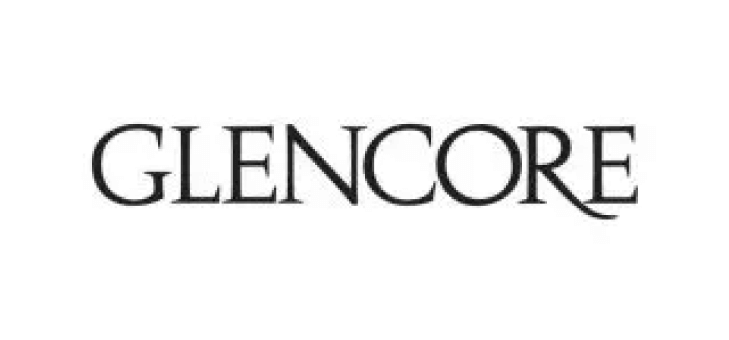Why evaporators are great alternatives to wastewater treatment
Water management is a critical part of industrial operations, but traditional waste water treatment methods can be costly and environmentally taxing. Evaporator systems circumvent this issue by transforming waste water into vapor mechanically. Water evaporation technology cuts down on waste and minimizes potential contamination risks.
Searching for the best waste water disposal methods? Minetek’s innovative land-based and floating mechanical water evaporation solutions are scalable and cost-effective for mine waste water management, sidestepping the large investments associated with conventional treatment systems used in the mining, oil, gas and industrial sectors.
Here are five reasons water evaporation is a good alternative to typical waste water treatment.
Reason #1: Evaporation minimizes environmental impact.
Traditional waste water treatment methods require chemicals to clean polluted water. For operators struggling with how to manage mine water and other waste water types, these chemicals can create a secondary waste problem in the form of sludge, necessitating further processing or disposal and adding layers of complexity and cost.
Water evaporators, on the other hand, use natural processes to reduce water volumes. They allow industries to avoid generating residual waste, making these sustainable water solutions an ideal choice compared to a traditional waste water treatment plant.
Reason #2: Evaporation decreases storage and disposal risks.
For industry operators seeking cost-effective waste water treatment, large volumes of waste water pose a constant challenge. If managed poorly or inefficiently, these can lead to spills, contamination risks and costly water treatment compliance headaches.
Waste water evaporation systems reduce the waste water directly at the source, minimizing the overall volume that needs handling. This serves as a waste water risk management technique, as it lowers the chances of overflow and cuts down on the expenses associated with maintaining massive storage ponds or dams.
Reason #3: Evaporation is a cost-effective alternative.
Constructing a full-blown waste water treatment plant requires ongoing maintenance and personnel to keep things running smoothly. In contrast, land-based and floating evaporator systems can be adapted to meet specific needs without the hefty price tag of traditional facilities, with straightforward installation and minimal upkeep.
Reason #4: Evaporation solutions ensure compliance with strict environmental regulations.
Staying in line with compliance for industrial waste water regulations is non-negotiable for industrial facilities, but it’s not always easy. Relying solely on waste water treatment methods can fall short, resulting in non-compliance, fines and delays.
Luckily, evaporation solutions can reduce the need to discharge waste water or even eliminate it altogether. This significantly lowers the chance of contaminating nearby water bodies and ensures adherence to stringent regulatory standards.
Reason #5: Evaporators provide flexibility and can be used for various projects.
Unlike conventional mining or power plant waste water systems that rely solely on treatment and demand a fixed setup, evaporation technology can be used across various industrial settings. Minetek’s evaporation systems, for instance, are highly mobile and can be installed on land or water, making them suitable for diverse applications from landfills to mining operations.
Various industries can benefit from evaporation technology.
Evaporation helps manage tailings dams and dewatering pits for mining operations.
Mining sites produce vast quantities of waste water that must be managed carefully to ensure operational safety and environmental compliance. Evaporation systems help to prevent overflows and structural failures in tailings dams or in pit dewatering, where excess water can stall operations and impact efficiency.
Evaporation is beneficial for operators dealing with saline and brine waste water.
Many operations have the challenge of managing water with high levels of Total Dissolved Solids (TDS) and Total Suspended Solids (TSS). Waste water treatment methods might require elaborate infrastructures to handle such water quality. On the other hand, air evaporator systems minimize the need for comprehensive treatment and disposal systems.
Evaporation helps reduce leachate and contaminated water for landfills and waste management companies.
Leachate, a byproduct of landfill operations, poses a significant environmental risk if not managed appropriately. Evaporators can lessen the risk of any handling mistakes by reducing this waste water. Plus, Evaporation systems help contain and minimize liquid waste buildup, improving both site safety and regulatory compliance
Minetek provides advanced evaporator water solutions for industrial waste water management.
Tailored for high-volume waste water reduction, Minetek’s land-based and floating evaporators deliver efficiency and scalability that traditional waste water treatment methods might lack. Land-based systems are ideal for installations requiring stability and continuous operation, while floating evaporators can be mounted on heavy-duty pontoon structures to reduce water on-site.
Both system types ensure that industries can manage waste water effectively without compromising ecological standards.
We collaborate directly with industries and operators globally to craft systems that take into account site-specific factors like local environmental regulations, site conditions and voltage requirements. Each system is engineered to deliver optimal performance based on discharge angles and other critical parameters unique to each location.
Pertanyaan yang Sering Diajukan (FAQ)
How does a floating water evaporator reduce waste water volume?
A floating water evaporator reduces waste water volume through enhanced evaporation technology. Designed by Minetek, this system operates on a heavy-duty pontoon equipped with an electric motor and submersible pump.
It’s engineered with low-fouling nozzles and a compact design for minimal maintenance and maximum operational efficiency. This means businesses can significantly cut down on on-site water storage needs to address both space constraints and environmental concerns.
What are the challenges of managing water in the mining and metals industries?
Operators doing their research on “pabrik pengolahan air limbah di dekat saya” know that managing water in the mining and metals sectors is challenging due to the vast amounts of water consumed. Often, these become contaminated with heavy metals and specialized processes are needed to meet regulatory standards.
Plus, when land availability is limited, the disposal of waste water is more complex and pushes the need for innovative water management strategies.
What is zero liquid discharge, and how does it relate to water management?
Zero liquid discharge (ZLD) is a cutting-edge proses pengelolaan air limbah that eliminates liquid waste by recovering and reusing water. This approach uses evaporation and crystallization techniques to meticulously separate contaminants so that no waste water leaves the facility.
Transforming industrial challenges into innovative solutions with Minetek
Minetek delivers cutting-edge technologies that redefine air, water and sound management across major industries. Our expertise is proven through over 600 projects worldwide, illustrating our capability and dedication to tackling environmental compliance and operational efficiency challenges.
With over 150 years of combined industry experience, Minetek’s team specializes in engineering and implementing innovative solutions. Our systems stand out by providing cost-effective and proven alternatives for waste water management, helping businesses navigate the complexities of regulatory compliance seamlessly.
Book a call now to learn more.
Maksimum efisiensi penguapan
Minetek dapat memprediksi efisiensi evaporator kami dalam iklim operasi spesifik Anda dengan analisis spesifik lokasi. Pemodelan kami didasarkan pada input data spesifik seperti kelembaban, curah hujan, ketinggian, penguapan panci, Total Padatan Terlarut (TDS), dan suhu. Hal ini memungkinkan kami untuk memahami tingkat penguapan yang dapat kami capai selama 12 bulan dalam kondisi iklim tertentu di seluruh dunia.
Sistem Manajemen Lingkungan (EMS)
Pantau dan tanggapi perubahan kondisi lingkungan seperti kelembaban, hujan, dan angin secara real time dengan EMS Minetek. Berkomunikasi secara nirkabel melalui pengendali jarak jauh, sistem EMS kami yang dapat beradaptasi diatur oleh stasiun cuaca yang mengoptimalkan operasi sesuai dengan berbagai parameter yang dapat disesuaikan, termasuk waktu naik/turun matahari yang optimal, kecepatan dan arah angin relatif, kelembapan dan suhu, aliran air sistem, dan tekanan.
Serbaguna aplikasi evaporator
Jelajahi berbagai penggunaan teknologi evaporator Minetek, mulai dari pengurasan lubang tambang hingga solusi pembuangan cairan nol. Sistem inovatif kami memenuhi kebutuhan pengelolaan air di berbagai industri, termasuk bendungan tailing, penutupan tambang, tanggap darurat, pengelolaan air asam, dan banyak lagi. Dengan desain yang mudah beradaptasi, sistem ini dapat mengurangi risiko bendungan dan sesuai dengan organisasi industri mana pun yang mengelola air limbah.
Keberhasilan yang telah terbukti di lanskap yang paling menantang
Dari dinginnya Alaska hingga panasnya Sahara, teknologi penguapan air Minetek digunakan oleh pihak berwenang, pemerintah, dan perusahaan pertambangan, minyak & gas serta industri terkemuka di dunia.
Sistem kami memiliki kapasitas volume yang luas, beroperasi lebih dari 2.160 m3/jam, dengan perawatan yang rendah dan operasi otomatis 24/7. Solusi kami yang ramah lingkungan menawarkan penerapan yang cepat dan kinerja yang telah terbukti di semua iklim, dengan pengatur sudut unit, nosel baja tahan karat rendah, sistem filter baja tahan karat, dan kemampuan untuk memproses air dengan TDS dan TSS yang tinggi. Dikirim dan dipasang secara global, sistem seluler dan modular kami membutuhkan jejak dan daya minimal, dengan Sistem Manajemen Lingkungan (EMS) yang terintegrasi penuh yang memantau dan merespons perubahan kondisi lingkungan secara real time.
Nozel baja tahan karat atomisasi bertekanan tinggi
Nozel pemecah air spiral dengan pengotoran rendah yang dirancang untuk menguapkan air dengan TDS dan TSS tinggi.
Berbagai macam kapasitas volume
Sistem penguapan Minetek beroperasi dan memproses lebih dari 2.160 m3/jam dan tidak rentan terhadap perubahan kualitas air umpan.
Pengoperasian sistem otomatis 24/7
Memantau dan merespons perubahan kondisi lingkungan secara real-time menggunakan Minetek Environment Management Solution (EMS) memungkinkan operator untuk tetap menjadi yang terdepan dengan operasi yang sepenuhnya otomatis.
Turnkey instalasi & komisioning
Minetek menawarkan solusi paket turnkey total untuk pelanggan yang lebih memilih untuk memiliki keseluruhan proyek, dirancang, direkayasa dan dikelola dari awal hingga akhir. Ini termasuk penilaian lokasi awal, hingga sistem penguapan yang sepenuhnya berenergi dan otomatis. Minetek juga dapat memberikan komisioning & pelatihan.
Bagaimana cara kerjanya
Evaporator Minetek meningkatkan penguapan alami untuk memproses air yang diproduksi secara efektif. Evaporator kami yang telah dipatenkan memecah cairan menjadi tetesan yang dikabutkan, mengangkatnya ke atmosfer.
Evaporator Minetek 10X lebih hemat biaya daripada solusi pengelolaan air tradisional
Mempertimbangkan biaya CAPEX & OPEX penguapan mekanis dibandingkan dengan pengolahan air, irigasi penyiram, konstruksi bendungan baru, pengangkutan air dan pemompaan air, solusi penguapan mekanis Minetek 10X lebih hemat biaya.
Sistem filter mengurangi persyaratan pemeliharaan
Sistem filter baja tahan karat Minetek dapat disesuaikan dengan pengaturan apa pun dan mencegah penyumbatan cincin nosel. Dirancang untuk pengoperasian yang mulus, sistem ini memungkinkan pembersihan tanpa mematikan sistem, dilengkapi dengan peringatan otomatis untuk pemeliharaan, yang diintegrasikan ke dalam sistem EMS.
Aplikasi pengelolaan air
Evaporator Minetek melayani beragam industri yang terlibat dalam pengelolaan air, termasuk pertambangan, minyak & gas, sektor kota, pengelolaan limbah, dan pengaturan industri. Solusi pengelolaan air serbaguna kami dapat diintegrasikan dengan mulus di berbagai industri dan aplikasi untuk mengatasi tantangan pengelolaan air secara efektif.







